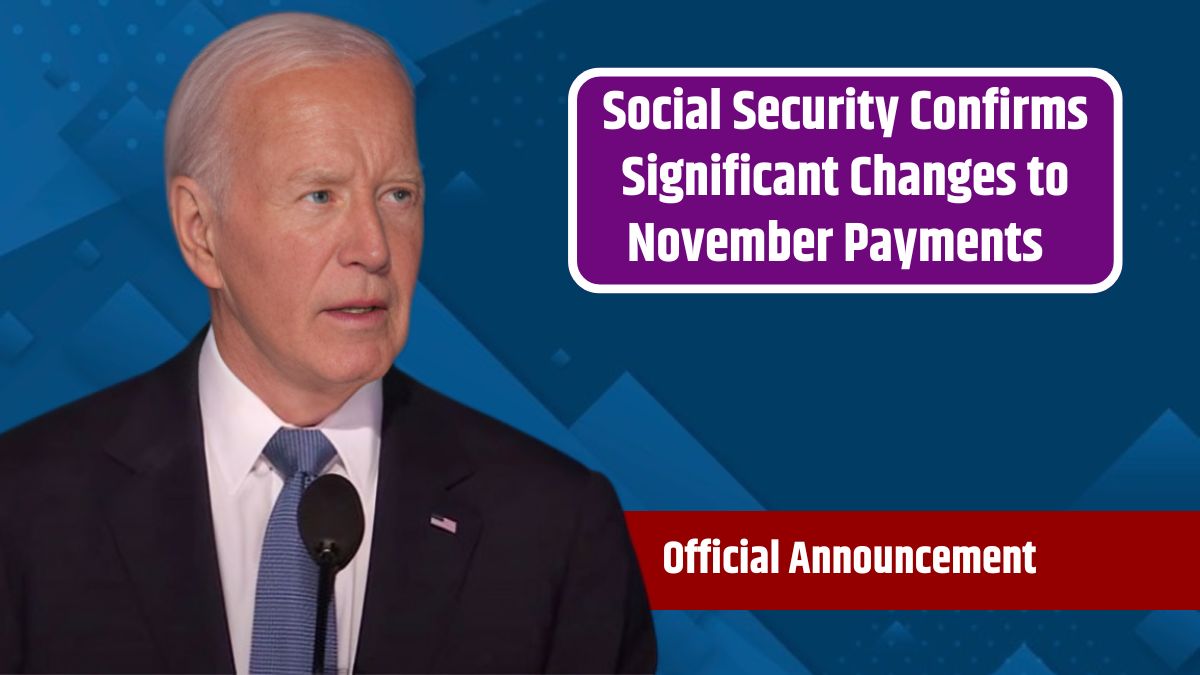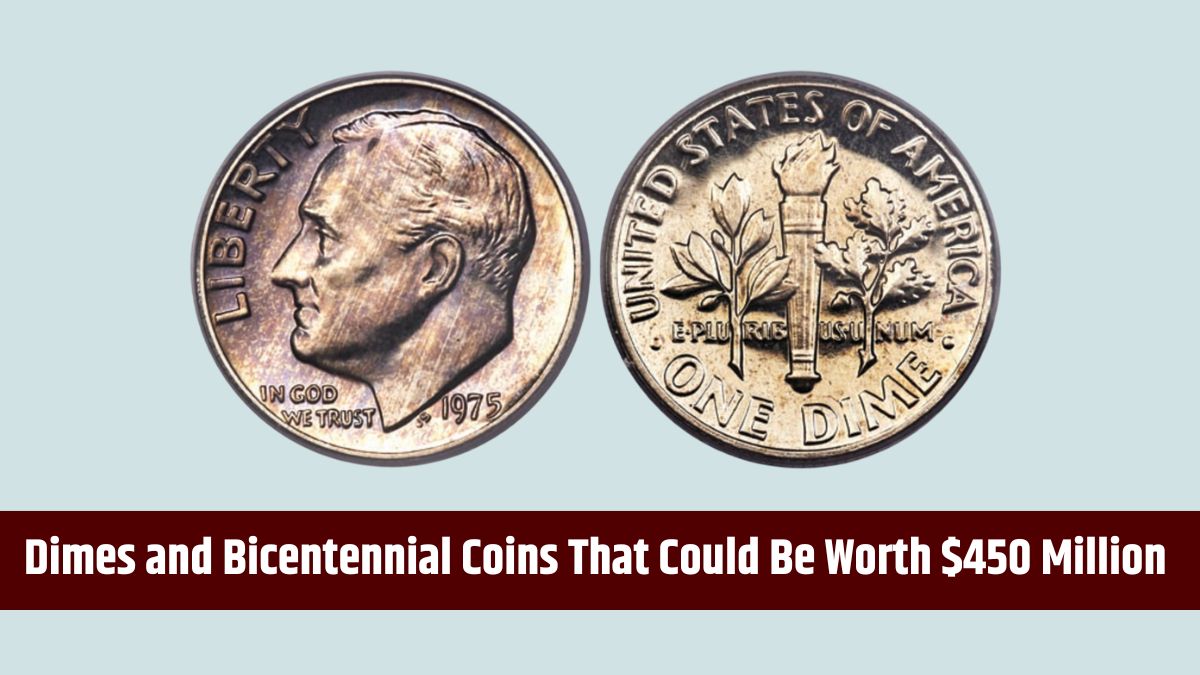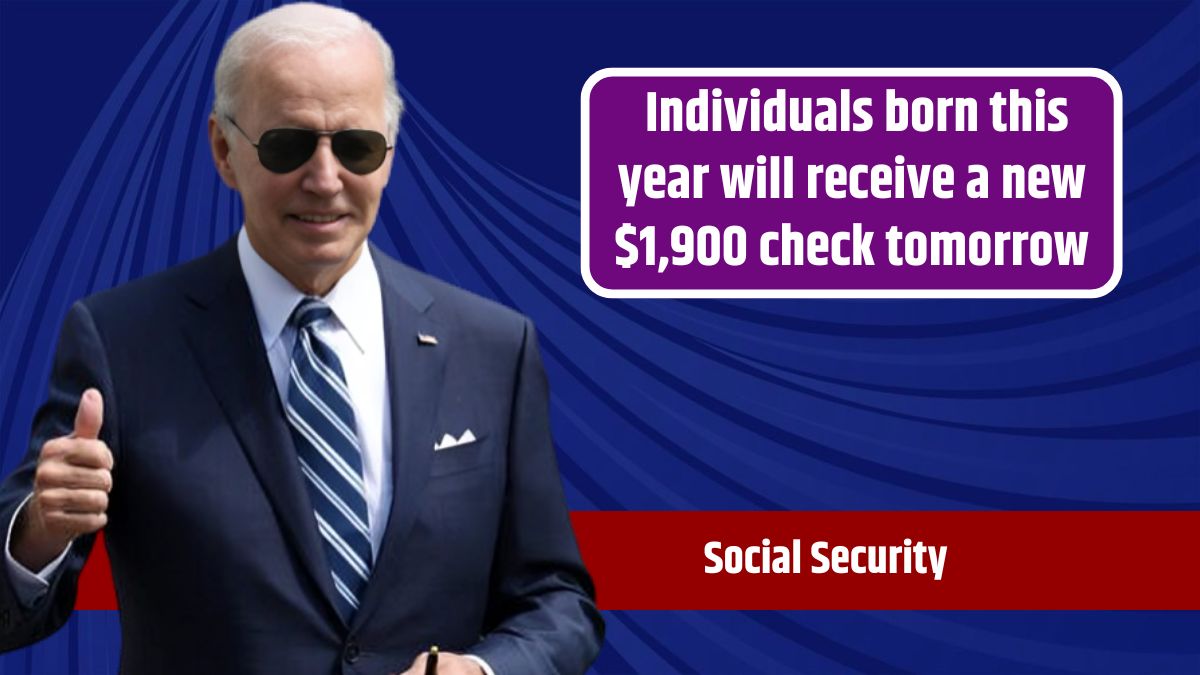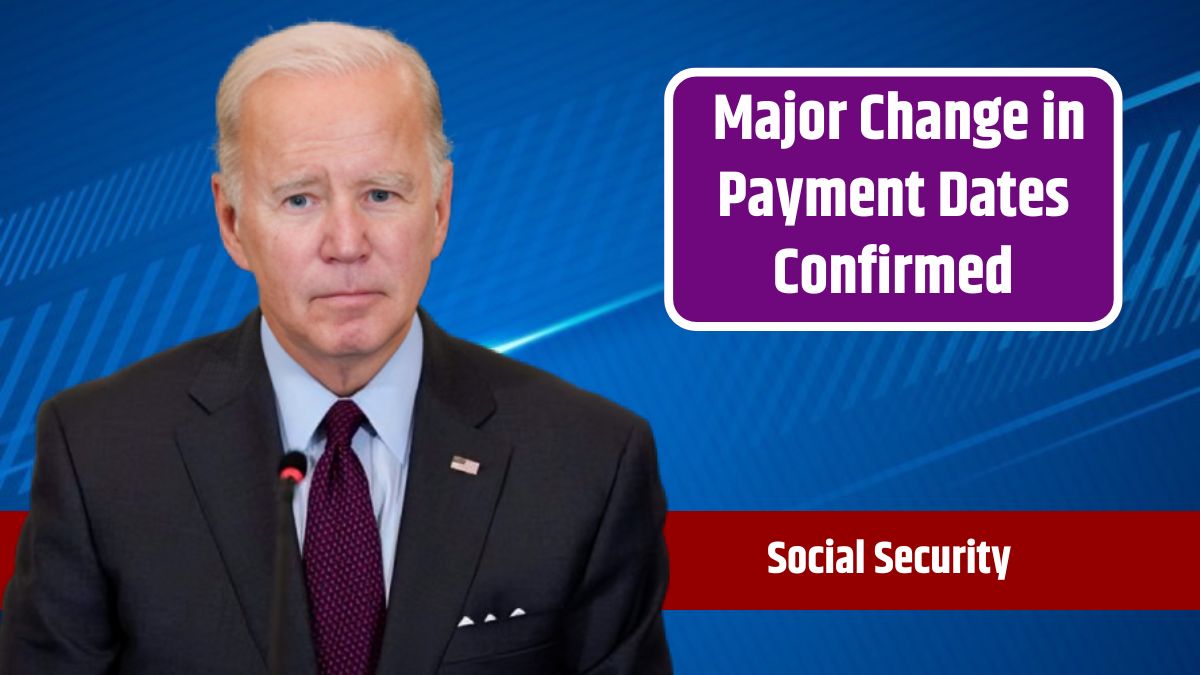The Social Security Administration (SSA) has announced important changes to the November payment schedule, affecting both Supplemental Security Income (SSI) and Retirement, Survivors, and Disability Insurance (RSDI) beneficiaries. Typically, the SSA makes five rounds of payments each month, distributing funds to over 71 million recipients. However, November will see a few key adjustments, so it’s essential to stay informed.
Early Payments
Due to calendar quirks, SSI recipients will receive an additional payment on Friday, November 29, instead of the usual December 1st payment date, as December 1st falls on a weekend. The SSA always issues payments on the preceding business day when the first of the month lands on a weekend or holiday. As a result, SSI beneficiaries will receive their payment for December early.
For RSDI beneficiaries who claimed benefits before May 1997, there’s another shift. Since November 3rd is a Sunday, their regular monthly payment will be made earlier—on Friday, November 1st.
November Payment
| Payment Type | Payment Date | Reason |
|---|---|---|
| SSI Payment | November 29th | December 1st falls on a weekend |
| RSDI (pre-May 1997) | November 1st | November 3rd falls on a Sunday |
These changes aim to ensure that beneficiaries don’t experience any payment delays due to weekends or holidays.
Eligibility
Only specific groups of individuals qualify for SSI benefits, including low-income seniors over 65, disabled individuals, and children in certain socio-economic situations. Eligibility depends on meeting strict income and resource limits, which are currently set at $2,000 for individuals and $3,000 for couples.
Unlike other Social Security programs, SSI payments are distributed on the same day for all recipients, not based on the date of birth or application date. The current monthly maximum benefit amounts are:
- Individuals: Up to $943 per month.
- Couples: Up to $1,415 per month.
- Essential Persons (EPs): An additional $472 for individuals with essential persons providing care.
SSI benefits are designed to help those facing financial challenges cover basic living expenses, ensuring a minimum level of subsistence for individuals who meet the program’s requirements.
RSDI Program
In addition to SSI, Social Security’s Retirement, Survivors, and Disability Insurance (RSDI) program provides crucial monthly support to millions. These payments are based on several factors, including age, work history, and contributions to the Social Security system.
Benefit Breakdown
| Type of Benefit | Average Payment | Maximum Payment |
|---|---|---|
| Retirement | $1,900 | Age 62: $2,710; Age 67: $3,822; Age 70: $4,873 |
| Survivors | $1,505 | Individual: $1,773; 2 children: $3,653 |
| Disability | $1,537 | Blind recipients: $2,590; Max: $3,822 |
Benefits
If you want to maximize your Social Security benefits, delaying your retirement is one of the most effective strategies. For instance, waiting until age 70 can increase your monthly retirement benefits to as much as $4,873. However, not everyone qualifies for the maximum payment amounts, so it’s essential to consult a financial advisor or SSA specialist to review your specific situation. Factors such as your work history, full retirement age, and the amount you’ve contributed to Social Security through taxes will all play a role in determining your payment.
Schedule
With changes coming in November, here’s a look at the remaining payment dates for 2023:
| Date | Payment Description |
|---|---|
| Friday, August 30 | SSI benefits for September 1st |
| Tuesday, October 1st | Standard payment day |
| Friday, November 1st | RSDI (pre-May 1997) |
| Friday, November 29 | SSI benefits for December 1st |
These payment dates are crucial for beneficiaries to track, especially with calendar shifts impacting payments at the end of the year.
Payment Amounts
Whether you’re receiving retirement, survivor, or disability benefits, your monthly payments depend on specific criteria. The SSA calculates these amounts based on factors like:
- Your work history and the amount of Social Security taxes paid.
- Your age when claiming benefits.
- Your disability status, if applicable.
- The type of benefit you’re eligible for (retirement, survivors, or disability).
Resource Limits
To qualify for SSI, beneficiaries must meet strict income and resource limits. The income threshold is set to help low-income individuals and families receive support, with current limits at $2,000 for individuals and $3,000 for couples. For those who meet these requirements, SSI provides monthly assistance that is critical for covering basic needs.
If you’re an SSI recipient, expect an additional payment on November 29th due to December 1st falling on a weekend. RSDI beneficiaries who began collecting benefits before May 1997 will also see their payment come early on November 1st. These changes are part of the SSA’s adjustments for weekends and holidays, ensuring that payments are not delayed.
It’s also important to stay informed about other potential changes to your Social Security benefits. Whether you’re aiming to maximize your retirement benefits or seeking information about SSI payments, consulting a financial expert or visiting the SSA’s official website can help you navigate your options.
FAQs
When will SSI recipients get their December benefits?
SSI recipients will receive their December benefits early on November 29th.
Why is there no SSI payment in September?
The September SSI payment was issued early on August 30th, covering September.
What is the maximum SSI benefit for individuals?
Individuals can receive up to $943 per month in SSI benefits.
When do RSDI recipients get their payments in November?
RSDI beneficiaries who claimed before May 1997 will get paid on November 1st.
How can I increase my Social Security retirement payments?
Delaying retirement until age 70 can significantly increase your monthly benefits.








